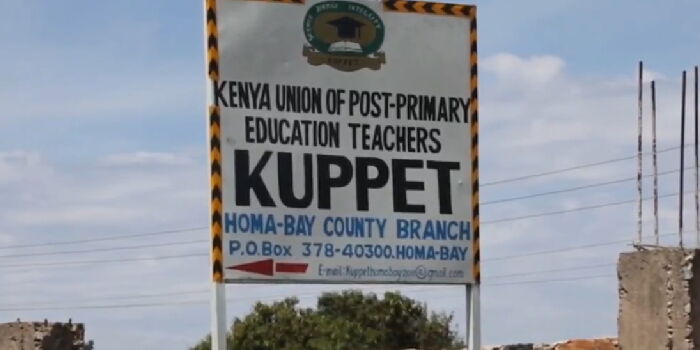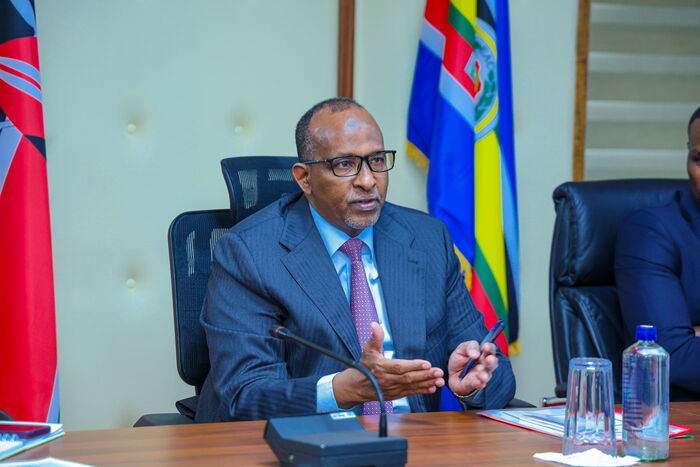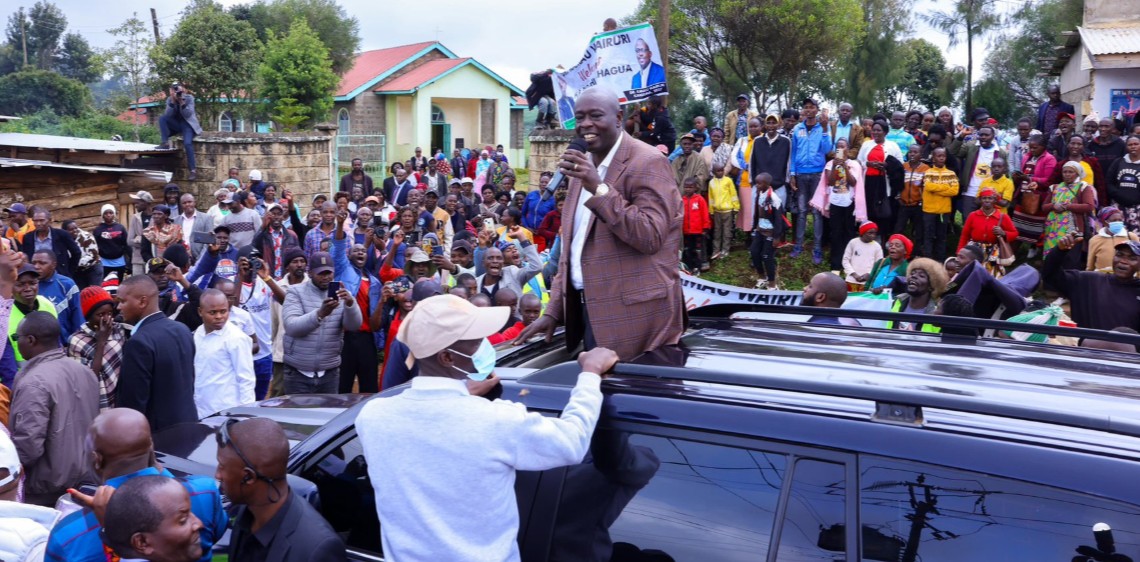In a robust and controversial move, the Kenyan Government has activated round-the-clock surveillance of social media platforms, citing the need to monitor and suppress leaks ahead of the national exam season. The announcement, made by Interior Principal Secretary Raymond Omollo, signals a major escalation in state monitoring and has triggered sharp concerns over privacy, civil liberties and the potential for abuse.
What is happening
Omollo confirmed that a multi-agency task force, based at the National Command Centre under the Ministry of Interior, has been fully mobilised to conduct 24-hour monitoring of online platforms—including major social media networks and messaging services—to detect and disrupt exam-related fraud and leaks.
The move is tied to the upcoming administration of the Kenya National Examinations Council (KNEC) exams—where over 996,000 candidates are set to sit for papers starting 3 November 2025. KNEC reports indicate that at least 51 Telegram channels and multiple WhatsApp groups have been flagged for suspected exam-leak activities.
Omollo stated: “We are working jointly with ICT-security teams to monitor individuals and pages that claim to share exam papers, defraud parents, teachers or students.”
Why this matters
- State surveillance at scale: This is the most explicit public confirmation yet of continuous monitoring of citizens’ online communication in Kenya. While the government frames the operation as part of exam integrity, civil society and rights groups warn it may set a broader precedent for digital rights suppression.
- Privacy and civil liberties under threat: The development comes at a time when legal safeguards around digital surveillance in Kenya remain contested. A report by the International Center for Not-for-Profit Law (ICNL) highlighted gaps in Kenya’s frameworks for interception of communications and digital rights protections.
- Pre-empting leaks or enabling control? While safeguarding national examinations is a legitimate state interest, critics argue this surveillance could extend into monitoring political discourse, youth activism or other online organising—especially in a pre-election atmosphere.
- Impact on education sector trust: Students, parents and teachers may view this as a signal that every online interaction is subject to scrutiny, potentially chilling open discussion, peer-support groups or teacher-student communications on social platforms.













Leave a Reply